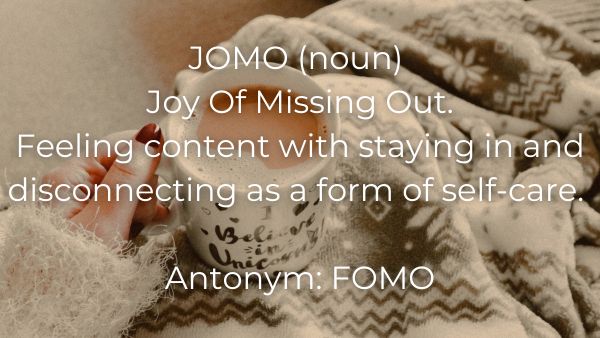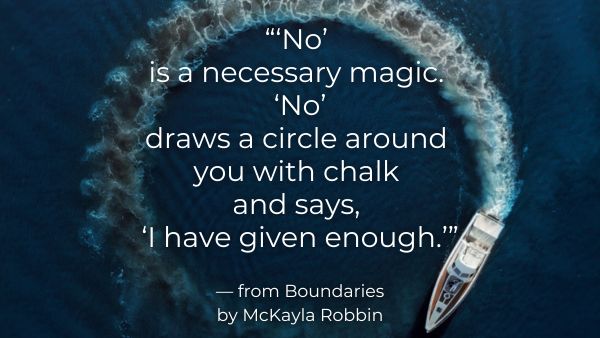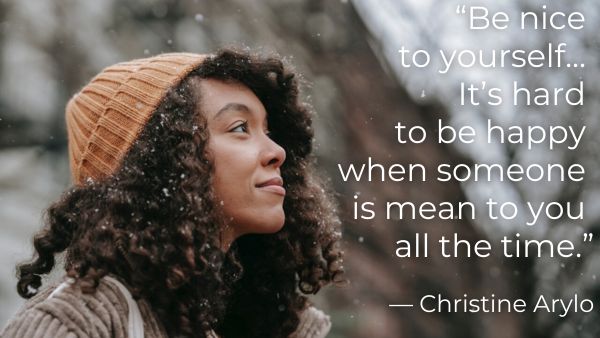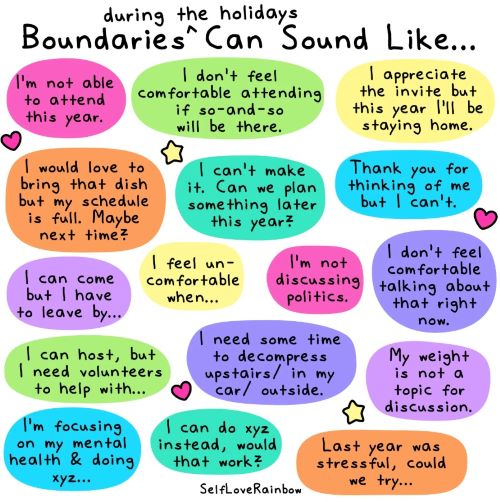As the holiday season approaches, it’s not uncommon for anxiety levels to rise. The combination of higher expectations, busier schedules, more social interactions, increased conflict, frequent boundary challenges, and heightened financial demands can create a perfect storm for those grappling with anxiety.
In this article, we’ll delve into these common holiday anxiety triggers and provide practical solutions to help you navigate the holiday season with more ease and joy.
Table of Contents
- Holiday Anxiety Aggravators
- Higher Expectations
- Busier Schedules
- More Social Interactions
- Increased Conflict
- Frequent Boundary Challenges
- Increased Financial Demands
- Holiday Anxiety Antidotes
- Acknowledgement and Validation
- Set Realistic Expectations
- Practice Self-Care
- Have Self-Compassion
- Set Boundaries
- Avoid Comparisons
- Final Thoughts

Holiday Anxiety Aggravators
Here are some common holiday anxiety aggravators to look out for.
1. Higher Expectations
The holiday season can come with LOTS of expectations. Expectations about how things should look, how things should go, what activities should happen, what gifts should be given or received, and on and on.
Most of these expectations come with the best of intentions. Wanting to make things special or magical for loved ones, especially if you have little ones. But often trying to make things special turns into trying to make things “perfect,” an impossible standard.
Some expectations might be self-imposed, while others may be traditions that you didn’t create and may not even like, but feel obligated to uphold.
The pressure to meet these high expectations during the holidays can contribute significantly to your anxiety. The desire to create the perfect holiday experience or adhere to traditions can be overwhelming.
2. Busier Schedules
It can be a challenge during the holiday season to fit in all the things. Everything from school plays to decorating to shopping to end-of-the-year deadlines.
Not only this, but you may have multiple sides to your family, all of whom are expecting you to come visit (back-to-back Thanksgivings, anyone?).
Juggling all of these various commitments, both familial and social, can lead to exhaustion and heightened stress levels.
3. More Social Interactions
A good amount of the holiday busyness comes from social gatherings. This includes holiday work parties, family gatherings, friend get togethers, even interacting more frequently with store clerks or just being in more crowded situations, such as shopping malls.
This can be a positive change for some, especially if you are extroverted and feel recharged by all of these social interactions.
On the other hand, increased social interactions, though festive, can become overwhelming, particularly if you thrive in quieter, less chaotic environments. If you are highly introverted or neurodivergent you may find this change particularly difficult.
4. Increased Conflict
Along with the increase in social interactions comes the opportunity for increased conflict.
This may look like family drama at Thanksgiving, a political debate at Hanukkah, or religious differences coming up at Christmas.
Road rage can spark as people are traveling in unfamiliar areas trying to get to their destinations on a time crunch. Tempers can flare as people compete for limited resources, from the last parking spot at the mall to the last PS5 at Target.
All of this conflict can fuel your anxiety and lead to increased tension overall.

5. Frequent Boundary Challenges
The holiday season usually brings an influx of demands, making it challenging to maintain healthy personal boundaries. There are often many more requests on your time, energy, and resources that you may not be able to give.
This increase in demands can lead to either:
- Overwhelm as you over-book and over-commit your time and energy AND/OR
- Having to flex your boundary muscles and say “No” significantly more often, even when you sometimes don’t want to.
You may feel guilty for “letting others down” or sad that you have to miss out on something fun. If you tend towards people pleasing, setting a boundary can be especially hard.
On the flip side, over-extending yourself can lead to burnout, exhaustion, and increased anxiety as you try to juggle all the things. Either way there is an emotional cost.
6. Increased Financial Demands
Financial strain during the holidays can also contribute to stress and anxiety.
The pressure to meet expectations of gift-giving and travel along with more frequent social outings can add up to big bucks. And to top it all off, everything seems to renew right around the end of the year!
You may notice your anxiety rising along with the bills.
Holiday Anxiety Solutions
If any of these aggravators are ringing true for you, here are some practical solutions to try out.
1. Acknowledgment and Validation
If the holidays aggravate your anxiety, know that you are not alone. Recognize that increased anxiety during this time is a common experience.
As an anxiety therapist, most of my clients report that their anxiety increases around the end of the year. This can be a combination of the stress of the holidays along with the time change and the decrease in natural sunlight.
2. Set Realistic Expectations
Try to set more realistic expectations that match what YOU would like, rather than what you think you “should” do.
Start by looking at where your expectations came from (your family members, your culture, etc.) as well as how realistic they are. Then decide what you want to keep, what you want to tweak a bit, and what you want to throw out altogether.
Better yet, come up with your own traditions that bring you peace and joy, rather than decreasing them.
3. Practice Self-Care
Prioritize activities that bring you joy and relaxation, ensuring you allocate time for self-care amidst the hustle and bustle.
Schedule breaks to recharge and decompress. Whether it’s a short walk, a few minutes of deep breathing, or a moment of quiet reflection, breaks can be rejuvenating.
For more self-care ideas, check out my article about self-care for mental health.

4. Have Self-Compassion
As easy as it can be to be hard on yourself, do an experiment and see how it goes if you’re nice to yourself this holiday season. You may be surprised by the results.
For more information about self-compassion, including some easy self-compassion audios, check out Kristen Neff’s self-compassion website.
5. Set Boundaries
Clearly communicate your limits and be assertive about your needs. It’s okay to say “no” when necessary.
Sometimes it can be helpful to let others know what you are willing and able to do when they ask you to do something that you aren’t willing or able to do.
I love these examples of kind ways to express your boundaries during the holidays by Self-Love Rainbow:

6. Avoid Comparisons
Resist the urge to compare your holiday experience to others’. Focus on the spirit of giving rather than expensive gifts, emphasizing the importance of thoughtfulness over materialism.
Put your energy into making the holidays your own and doing things in a way that’s sustainable and enjoyable, rather than breaking the bank or wishing your holiday lights looked like the ones down the street.
Final Thoughts
By understanding these common aggravators of holiday anxiety and implementing practical solutions, you can navigate the season with greater ease and joy. Remember, it’s okay to prioritize your mental health and well-being during this festive time.
As a reminder, this blog post is not intended as professional counseling or clinical advice. This article is meant to provide you with some helpful information about anxiety around the holidays. If you are struggling with your mental health, I encourage you to consider reaching out for additional support, professional or otherwise.

– Kristel Roper, LMFT, LPCC
Kristel Roper is a licensed psychotherapist offering therapy services to individuals in the Sacramento area. She specializes in therapy for anxiety and OCD and especially enjoys working with young women as they navigate the challenges of relationships, college, career, and beyond. If you have a question for Kristel or are interested in therapy for yourself or your loved one, feel free to reach out.
Photo by Lisa Fotios from Pexels
Photo by Sanndy Anghan from Pexels
Photo by Miriam Alonso from Pexels
